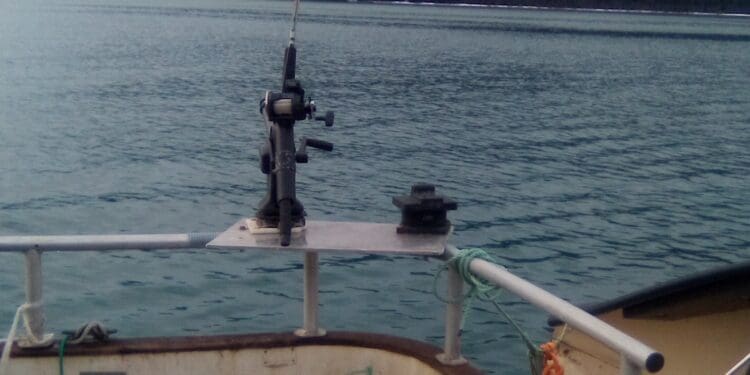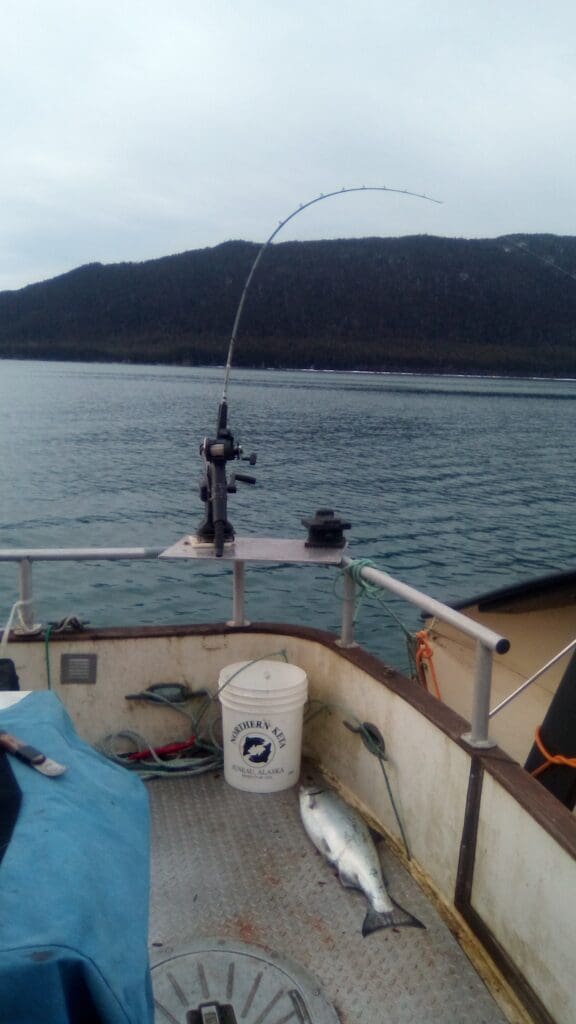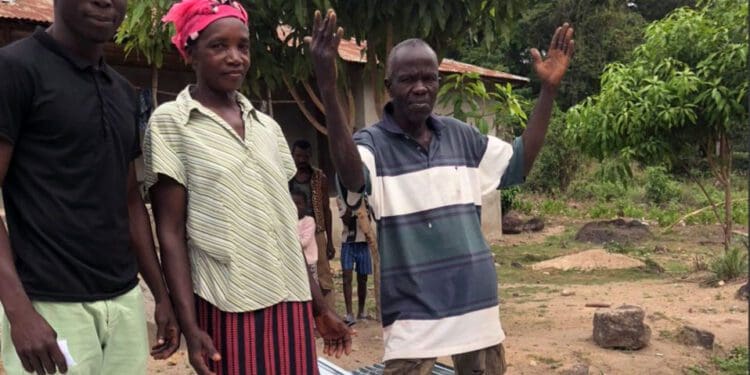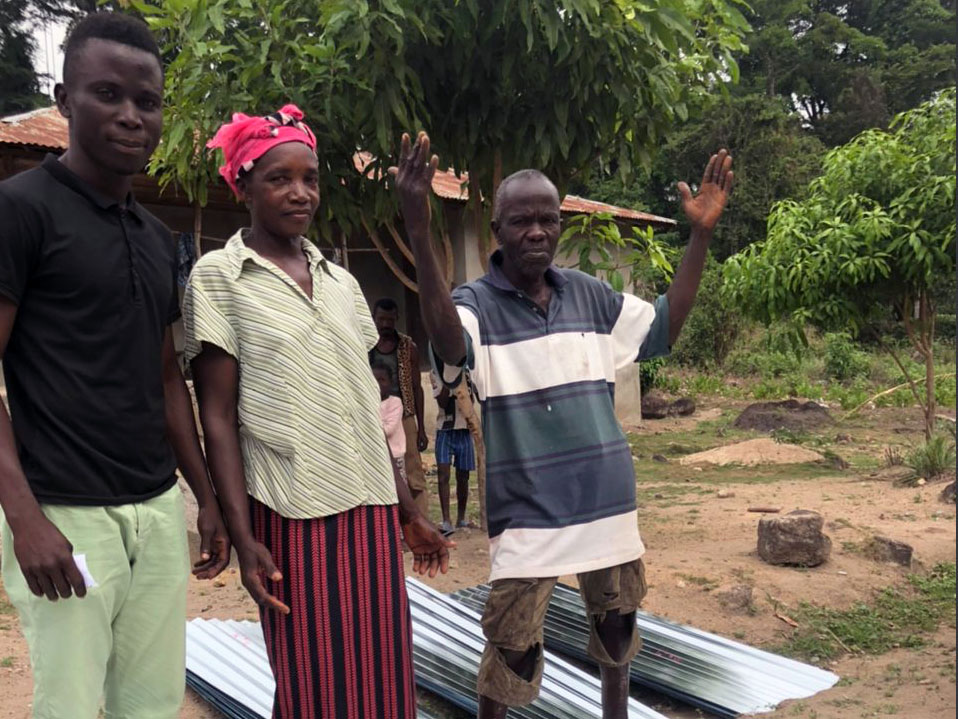Made an unscheduled trip back to my hometown. One of my favorite people and good friends and wife of another like-minded soul and friend passed away from an aneurysm. Even in a top medical location like Buffalo, sometimes there’s nothing that can save a person. It makes Sara and I both think of what a miracle it is that our niece survived one with no initial medical care for 12 hours when she was out at moose camp.

I stayed with my sister Maryann and her family at their new place out in the country south of Rochester. She and her husband John love it. The kids: not so much. They moved from a neighborhood to a lonely 19 acres of woods in the country. But they are managing.
I had big plans to see family. I planned a trip back to Buffalo to see my cousin Linda, her family, and her mom, my aunt Honore, but an ice storm came through, so driving was not a good idea. Hopefully they’ll visit here some day.
I did see my aunt Barb on the day of the storm. Maggie and I drove to Ithaca to see her. She’s lived there forever, but I don’t think I’ve ever spent any time in Ithaca proper. My cousin Suzie and late friend Kevin went to college there at Ithaca College, and Joe went to Cornell. Our hometown legend Frank Ganette built a big chunk of the area I think, and my friend Len Peterson’s son’s father in law – Ken Dryden – played goalie there and married an Ithaca girl, too (yes, THE Ken Dryden). We had a great lunch in a little meeting place in the middle of town that was a melting pot of colors and cultures.
After the ice storm, I made it down to Bolivar to see my friends, and finally get there during maple syrup making season. This year, the sap started running early as luck would have it. I got to attend the last St Bonaventure men’s basketball home game of the season, as well, with my old friend Kelly, who used to take me to the games when I was a kid.
After the game, I headed to the sugar house for syrup making. I learned alot in the next 6 hours. The main thing I didn’t know was how you know the syrup is ready to be taken off during the boiling process – it’s when the temperature of the liquid is a certain level higher that that of the boiling point of water, which, of course means that the sap is not now mostly water but mostly sugar, which doesn’t just turn to vapor and float away. The other takeaway from the process is how much work it is for this fun. I can’t think of another food making process that takes this much work. The boiling of sap and making of syrup seems like the easy part. Pat, and his syrup partner Sean, had to tap all the trees, and then connect the taps with tubing, and run the tubing down the hill to an 800 gallon collection tank about 30 yards from the sugar house. From that tank, another line runs to a 300 gallon tank at the sugar house, and this tank feeds the evaporator. The other big job is getting all the firewood for boiling the sap felled, bucked, split, and stacked to dry. Sean tends the firebox, and that dude is hungry. He feeds from about 5 to 8 sticks of wood into the box every 8 minutes or so. The fire is fanned by an electric fan so it burns as hot as you can make it burn. It takes a lot of firewood to make the syrup, especially this year, when the sugar content of the sap is lower than normal, whatever that means.
Pat and Sean started cooking about noon, and I showed up after the game at about 4 pm. They boiled sap and drew off syrup til 10 pm. They made about 5 gallons, plus 3 pints Pat insisted I take to my sister Maryann and her family where I’m staying. Another surprise was how cold the shack was with the fire going full bore. All that heat is consumed boiling off the water in the sap. The only place that is really warm is right by the chimney stack at the end of the evaporator where the smoked exits up the pipe that goes up through the roof. As day turned to night and temperature outside dropped, I spent more and more time at that location to keep warm, as I wasn’t dressed so good for the cold.
The evaporator is simply built, but complex in that it moves the sap from high low water concentration where fresh sap enters the evaporator box, to low water concentration on the other end, where Pat monitors the temperature and draws off syrup when it’s ready. He and Sean are quite a team, now having both sort of grown up together setting up the whole operation over the course of the year. Sean feeds the fire box while Pat monitors the flow of sap in and syrup out. There are simple adjustable float valves that meter the sap into the evaporator as syrup is taken off and the water is driven off from the wood heat. There’s constant steam in the shack, as the two stove pipes designed to take the steam up and through the roof can’t contain it all, so the surplus steam wafts up either side of the evaporator, eventually condensing on the roof, and dripping back down on us here and there. It’s probably good for the sinuses and skin.
Friends stop by now and then. I can tell they are sort of regulars that drive by, and if they see smoke or steam coming from the shack, they know the boil is on. And if the boil is on, that means there’s beer and conversation to be had, since the whole process is mostly waiting with little bursts of activity. One of the regulars was a childhood friend who I played midget football and little league baseball with. He lived in the next town over, and at the time we had separate schools, but now the two towns have merged into one school, as have nearly every other town in our county as population declines and costs increase.

I traveled through Mississippi on the way home. I was able to use the airline credit from when I had to cancel my trip last year. I stayed with Don in Starkville for a few days. We caught some bluegill and bass at his farm pond, and walked his new retriever. I took a day trip to Ponotoc to see Mark and Missy. I went to their wedding in a church in Tupelo or Amory that was a city block long in about 1993. I remember not knowing anyone at the wedding, but as soon as Mark introduced me to his parents, they treated me like a guest of honor after all the stories Mark told them about our work on the rivers.
Mark took me around to some of the ponds and properties he manages for owners who live elsewhere. People spend a lot of money on ponds and stocking in these parts. Kind of like we spend money on boats. Of course, they spend money on boats here, too, if they build big enough ponds. I’m not sure when a pond becomes a lake.
Mark is such a genuine guy and reliable manager that the landowners offer up their places to him and his friends and family and church groups since the owners are never going to fish their big ponds hard enough.
We agreed at the end of the day that it was like we hadn’t seen each other in a week, rather than the 3 decades since we spent our days together fishing hoop nets on the Tallahatchie and other rivers for my graduate research.
Mark worked on lots of different projects of Don’s grad students, and that gave him an enormous background in field work that lead to his job as a hydrologist for the feds, as well as all his side work consulting. Hard to believe both Don and Mark’s kids are grown and most out of college. Mark came up and fished with me the first year I had the Dutch Master. Hopefully, he will come up again soon.
Don took me to his “Friends of Paul” weekly luncheon at a restaurant in Starkville. After me, Don was the youngest person there. The group is about a dozen men that watch after a guy named Paul, who is in some sort of assisted living center but it still in good enough health to go out to lunch. I met former professors from many disciplines, from Michigan and New York and many other states based on their regional accents.
Chris and Sheila picked me up at Don’s after lunch. I told them I knew I was in Mississippi when even the political signs asked people to PLEASE elect John Smith. We had a great ride down to their place in Morton. We stopped in to see Sheila and Jimmy’s mom Gay in the assisted living center. She seemed to recognize me through the masks we had to wear. I met her a couple times when I was in graduate school in the mid 1990’s.
We then went to a feast of crawfish, with sausage and potatoes, at the Crossroads Cafe, a little place near Morton. What a feast. Chris knew most of the people in the place as he used to serve as pastor near the restaurant.

Chris took me around his property the next day. We picked up some live traps he uses for raccoon and possum, and moved them to a spot near their house, where we set and baited them. Then we put up some tubes around his seedling trees to keep the deer away.
Their house is an open design cabin and overlooks a pond. It’s great to sit on their front porch and drink coffee and listen to the birds and peepers.
We went fishing on a neighbor’s pond mid-day and caught a half dozen bass. That night, we watched the Duke – North Carolina game, as Chris is a Duke alumnus. Both of them fell asleep in their chairs trying to watch the Mississippi State basketball game afterward, and we called it a night.
This morning, I said goodbye to Sheila, and Chris and I headed to his job as minister of the Wells Methodist Church in downtown Jackson. Sheila had her service to lead at the Morton Methodist Church. I met many of Chris’s congregation at the pre-service Sunday School, then many more at the morning service. I recognized many of them as I often stream the Sunday service in Juneau. Everyone was very welcoming, and I’m sure many had heard stories of Chris and Sheila’s trip to see us in Juneau a couple years ago.
Chris then got me to the Jackson airport in plenty of time. On the way, he told me some of his family history before and during the civil rights movement in the 1960’s, and I told him I wondered what life had been like for the elderly black ladies from Jackson who sat ahead of me at the church service, and welcomed me in.
The airport has just a few terminals, and it was a breeze getting through security and to my gate. It’s cold and clear back home, and I’m eager to get skiing tomorrow.
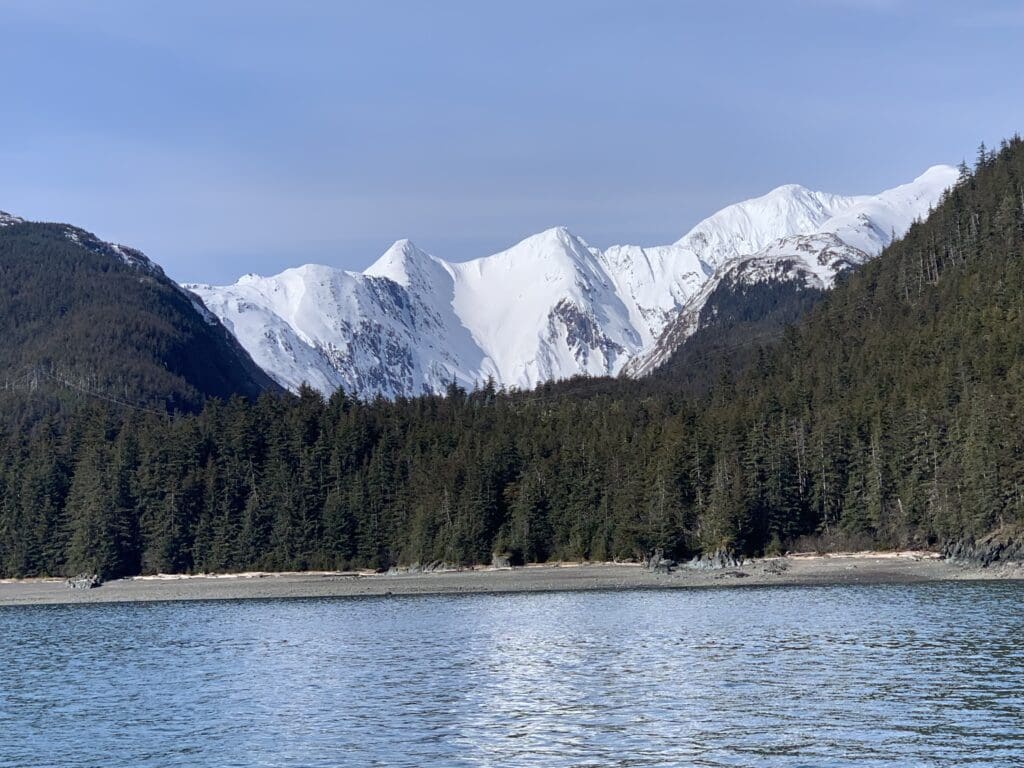

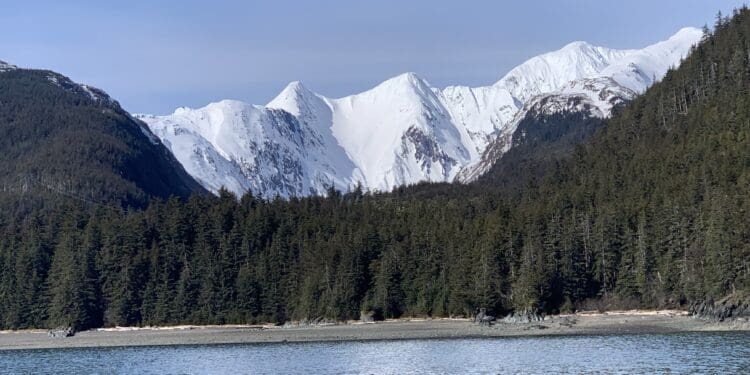
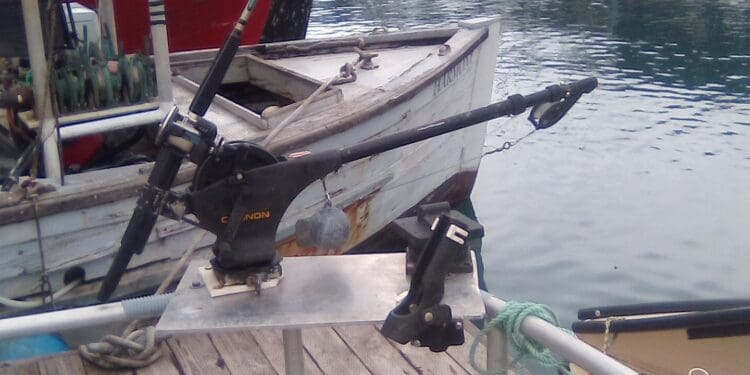
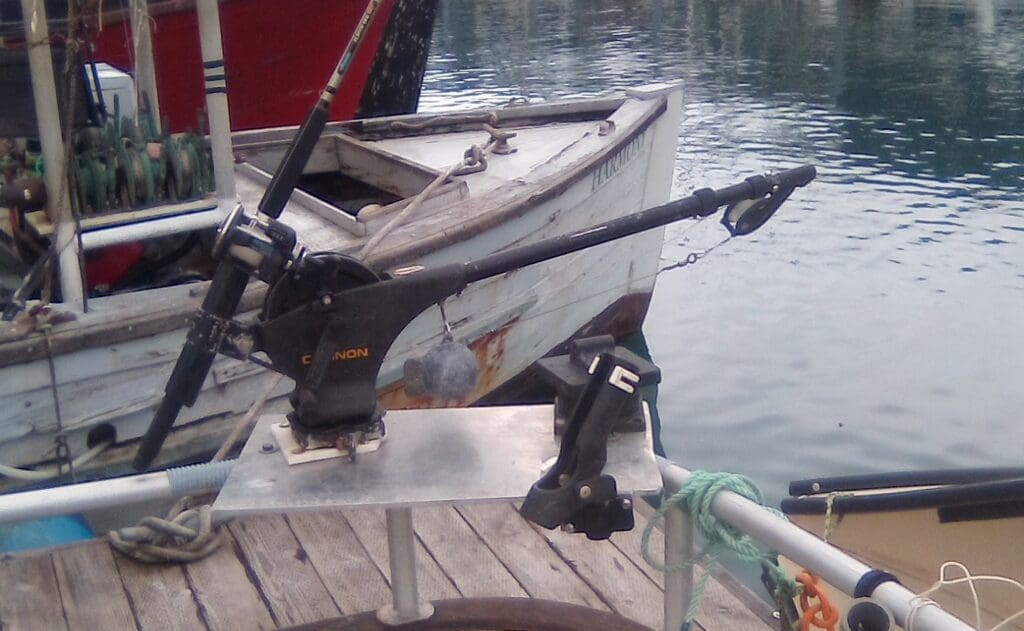 Dougie emailed early this morning. Said it looked like the weather would not work to travel from Bethel to the Yukon River for moose hunting. Luckily, I booked the tickets with mileage, so easy to get the miles refunded, which I think was Doug’s biggest worry.
Dougie emailed early this morning. Said it looked like the weather would not work to travel from Bethel to the Yukon River for moose hunting. Luckily, I booked the tickets with mileage, so easy to get the miles refunded, which I think was Doug’s biggest worry.